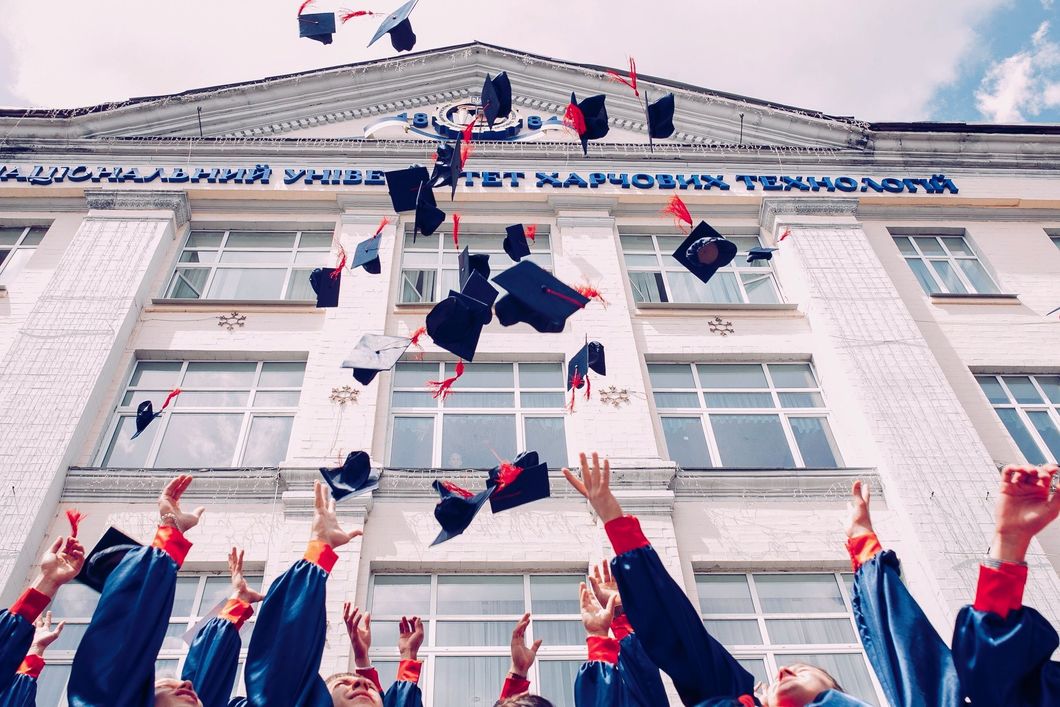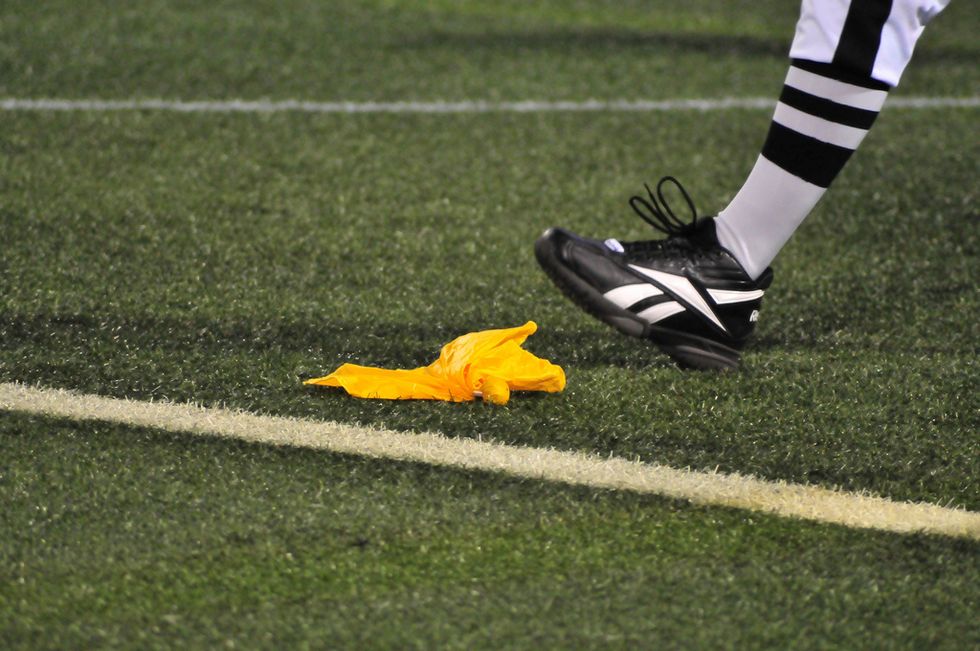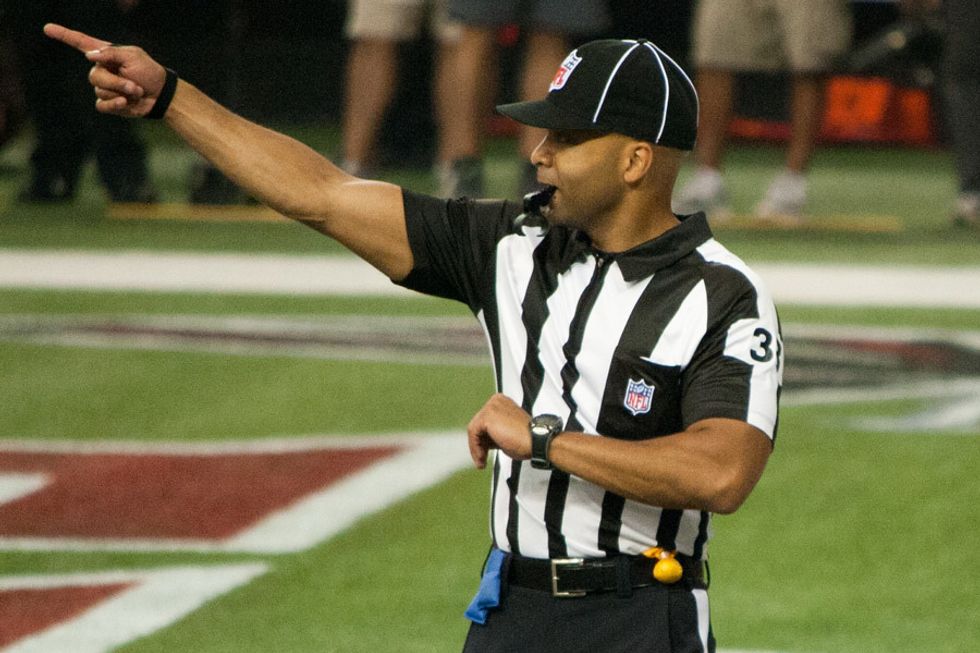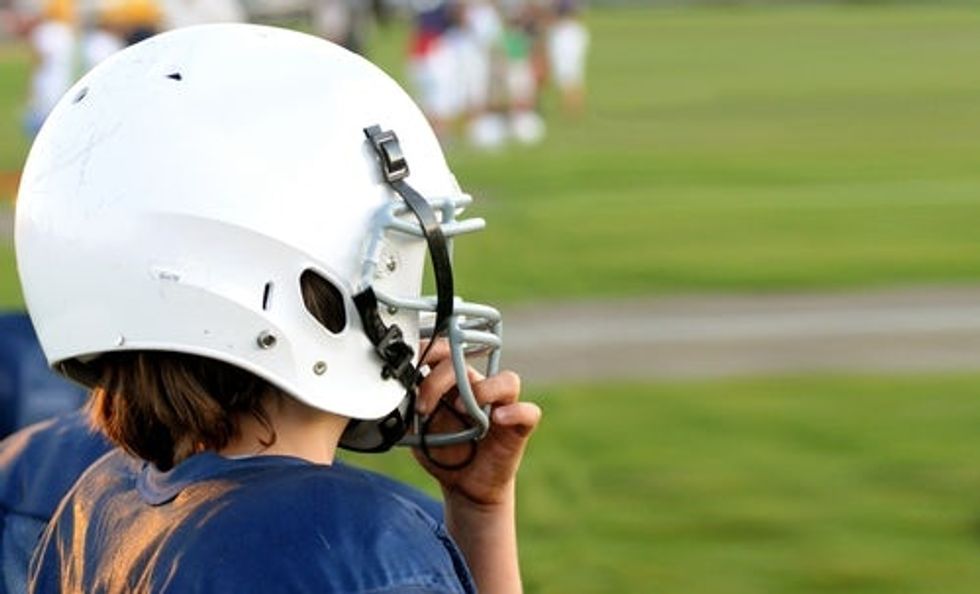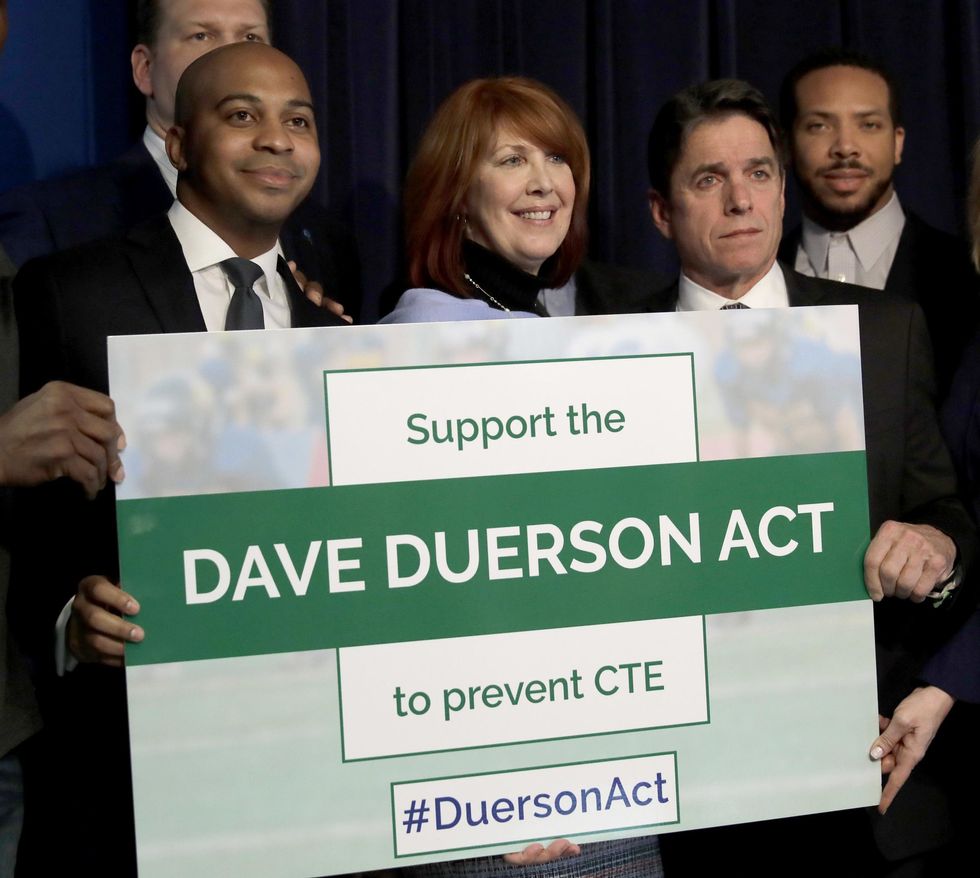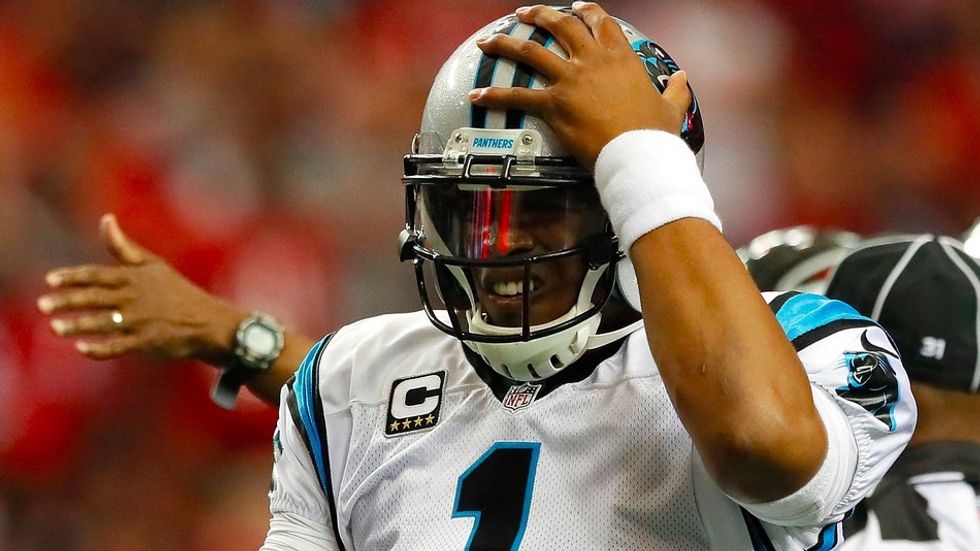There Are Benefits To Every Struggle
How five major concussions deserve credit for shaping me into the broader person I am today.
The fifth time I sustained a major head injury, it was like a curtain descending over my consciousness. Literally, I experienced the unnerving effects of progressively diminishing vision before total blackout. Figuratively, I understood, in those final moments of confusion before losing consciousness, that my career in contact sports had come to an end. As I slipped into the void, a slightly-prolonged version of what many experience with anesthesia, it was not fear that I felt. Rather, I experienced a profound sense of mourning. Later, after the fog cleared slightly, I realized that I was unable to read a simple "get well" text message from a friend and sensed that the loss of my favorite pastimes would be the least of my problems.
Movies such as Concussion, along with recently-publicized deaths of former NFL players which have been attributed to CTE, Chronic Traumatic Encephalopathy, have done much to raise public awareness about the dangers and possible terminal effects of head injuries in sports. What is discussed less is the potentially devastating and disruptive effect concussions have on normal cognitive function and what is often a lengthy and difficult road to recovery, both physically and socially. Personally, three years following my last major concussion, I still struggle to maintain focused concentration for extended periods of time or get through a school day without major headaches.
After my most recent concussion, my fundamental challenge was that for the better part of a year, I could not get through a lecture, a chapter in a textbook, or a problem set in mathematics, without experiencing mind-numbing headaches. I was told that I needed to give my brain "breaks" and that extended periods of inactivity were fundamental to the healing process. The more breaks I allowed myself, however, the further behind in my schoolwork I would fall. Even when I was able to push through the pain, it always felt like I was making a horrible trade-off between my academic record and my ultimate recovery.
Desperate to heal, but unwilling to compromise school work, I learned new ways to remember, became more efficient in my studies, and took advantage of any extra time or help my instructors were willing to offer. I interleaved periods of work and rest, allowing my body time to heal while still accomplishing what I could on assignments. My priority in these beginning stages, as I participated in cognitive, speech, and physical therapy, was to improve my most basic motor and cognitive abilities, while still maintaining high marks in school.
Eventually, the space between my headaches began to stretch out and I was able to think about more than just keeping my grades. My cognitive faculties began to improve and my mind began to open again. It was only with this improvement that I started to feel the void in my life that I once worried about at the moment of the injury. Sports had occupied so many hours of my life that once I found my way back to having free time, I didn't know how to spend it.
For the first few months, I sat in sorrow, complaining that this void could never be filled. I'd attend my friends' sporting events, wishing I could be on the field and it wasn't until an entire soccer season had passed before I realized I needed to expand my horizons. I found new outlets in the forms of running and tennis, individual sports that put my head at less risk and also found more time to explore academic interests. I began to join and start clubs and even discovered a passion for journalism. I quickly filled my schedule, making it as busy as it had once been.
With these new commitments, I found myself having less time to mourn the loss of contact sports and the immediate friendships they created, and instead, pursuing new areas of interest. With each new activity I joined, I met people quite different from my typical sporty friends, and immediately appreciated the connections and perspectives they shared. As the months following my concussion went on, I allowed my inherent curiosity to drive my motivation and participated in a myriad of events and activities, honing in on the things I was most passionate about and I have continued to do this as I live a contact-free life.
In retrospect, what I find interesting is that what amounted to a life-changing injury, an injury that sought to close my mind and narrow my focus, actually opened me up and expanded my possibilities. The injury probably deserves credit for shaping me into the broader person I am today. While once I deeply resented my concussions and in fact viewed them as a barrier, I now recognize them as an enabler and a facilitator in life change.


